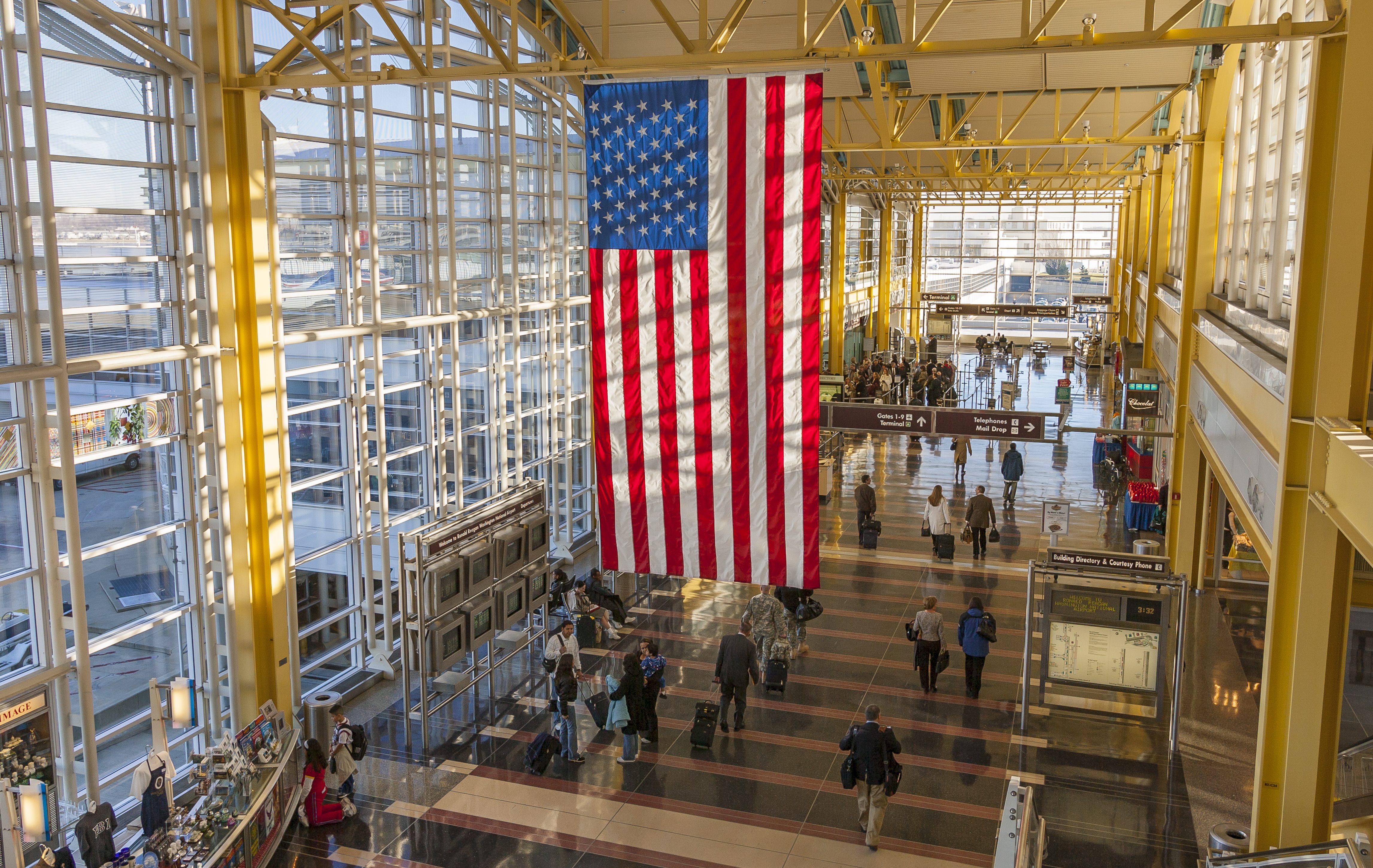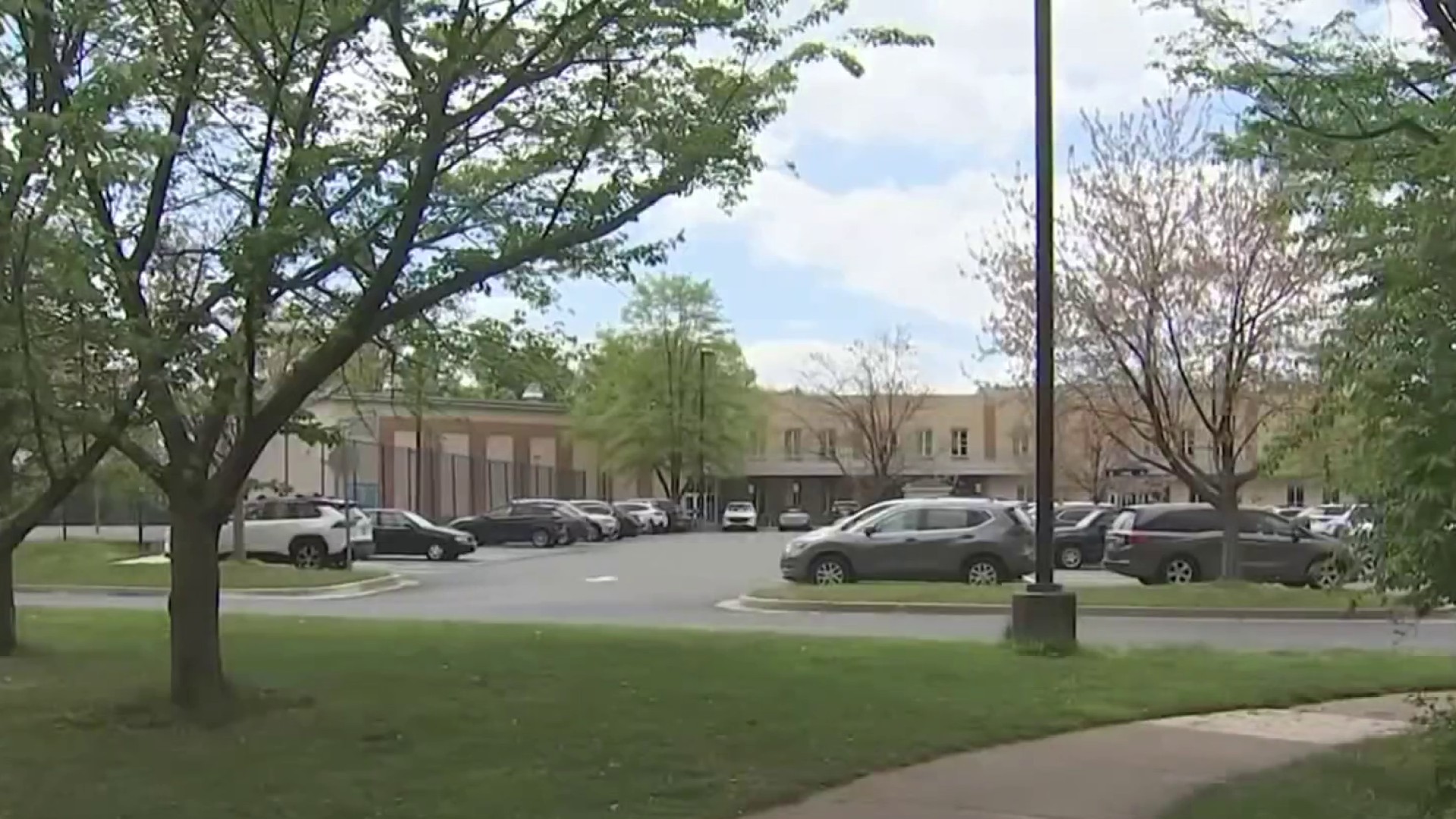What to Know
- State law requires Charles Town to operate at least 220 racing days each year or to formally request approval for reducing its schedule.
- A Humane Society database shows Charles Town stages among the most horse races in the nation, including 13,610 in 2014.
- The state racing commission recommended stewards watch races from outside, but at 12 races the I-Team saw, stewards observed from a booth.
More than 160 thoroughbred racehorses have died from injuries suffered before, during or after race days at the Charles Town race track in Jefferson County, West Virginia, since January 2014, according to a review of state racing records by the News4 I-Team.
Though state records show the track does not suffer from a significantly higher rate of horse mortalities than others nationwide, an I-Team investigation found Charles Town is operating a larger number of races than almost any other track nationwide.
The review also uncovered a series of disagreements between track managers and state racing officials over safety protocols and disciplinary action against horse trainers.
Charles Town Races managers said the state racing agency is failing to follow its own recommended safety protocols and is allowing trainers with a history of horse injuries to continue operating at the track.
The 160 deaths reviewed by the I-Team include a freak and tragic incident in December 2014, in which a horse stumbled, lost its jockey, then broke free in the wrong direction, triggering a head-on collision with other thoroughbreds on the track.
An investigation into the incident ordered by the West Virginia Racing Commission recommended changes in safety protocols to prevent future mishaps, including a recommendation that a state racing steward watch future races with binoculars from an outdoor position along an elevated rail above the grandstand. The investigation found the stewards were instead watching the December 2014 race on a TV monitor from inside a glass-enclosed booth when the incident occurred.
The I-Team review of multiple races at Charles Town in the year since the recommendation was issued found stewards are continuing to watch races exclusively from inside the glass-enclosed booth, not out on the railing with binoculars. During 12 races viewed by the I-Team, racing stewards watched the race from the recommended position on the railing zero times.
The stewards would be better positioned to see wrong-way horses and other safety hazards by watching races live along the outdoor rail, Charles Town Races operations manager Erich Zimny said.
Local
Washington, D.C., Maryland and Virginia local news, events and information
“Their employees are not doing what was in their initial recommendations,” Zimny said. “We do feel there is some risk by them not (watching on the rail), but all we can do is bring it to the racing commission's attention.”
When asked why the Racing Commission hasn’t ordered the stewards to move outside to a position on the rail, a spokeswoman for the West Virginia Racing Commission said, “Having constant communication with the other two stewards reduces reaction time in the event there is a problem on the track. This is delayed if a steward is outside on the rail viewing the race.”
At least two of the other horses euthanized since the beginning of 2014 were overseen by assistant trainer Scott Lane of Pennsylvania. Lane is at the center of a different dispute between the track and the West Virginia Racing Commission.
Lane’s horses have suffered at least five break downs at Charles Town. The state racing commission ordered Lane expelled from the track in 2014, after a state investigation concluded Lane misled investigators and showed “a lack of candor” about one of those horses. The horse in question, Diplomatic Gal, died from an injury suffered in a Charles Town race in early 2014, according to state records obtained under the Freedom of Information Act. Footage of the race obtained by the I-Team shows the horse pull up with an apparent injury midrace.
“That’s their interpretation," Lane said. "I was here (the day of the workout). There was documentation saying I was here.”
Lane said he is dedicated to his horses and often works a 15-hour day to prepare and care for them. “A lot of devotion goes into these horses to make a little bit of money. Half the people who do it love the game.” Lane said he was financially impacted by his ejection from the track. “I lost everything,” Lane said.
“For someone to come in and accuse me of doing something that I didn’t do and take everything from me, that’s hard," he said. "But look where I am. I’m right back here.”
The state racing commission’s investigation said Lane made “false statements” that Diplomatic Gal had undergone a required pre-race workout the day the horse suffered the fatal injury. The investigation also cited a series of other injuries suffered Lane’s horses in 2014 and said, “(Lane’s track record) is of obvious and serious concern and must be considered in evaluating the ejection period in this case.”
Though the West Virginia Racing Commission ejected Lane from Charles Town shortly after, the agency allowed him to return to his operations at the track in June 2015. By August 2015, another of Lane’s horses, failed to complete the race and needed a van escort from the track, according to race records.
Charles Town managers said they strongly disagree with the agency’s decision to allow Lane to resume his operations at the track. “His ejection from the track was curtailed,” Zimny said. “He's back racing horses here. If it was up to us, unilaterally, it would not have happened.”
In its statement to News4, the West Virginia Racing Commission said, “The West Virginia Racing Commission utilized the services of an independent party to conduct a full hearing on the matter.” The agency confirmed the hearing recommended Lane be allowed to return June 25, 2015, to Charles Town. The agency’s statement said, “After reviewing the transcripts of the hearing and recommended decision, the Commission voted to adopt the recommendation of the hearing examiners.”
A database maintained by the Humane Society of the United States shows Charles Town stages among the most horse races in the nation. There were 13,610 horse starts at Charles Town in 2014, according to the database. A horse start is the departure of a thoroughbred from the starting gate at the track. Charles Town had almost double the number of starts of some high-profile U.S. race tracks, including Aqueduct and Belmont. Charles Town also had thousands more starts in 2014 than major Maryland tracks, including Pimlico and Laurel. Only one track nationwide, Gulfstream Park in Florida, had a larger number of horse starts in 2014, according to the database.
State law requires Charles Town to operate at least 220 racing days each year or to formally request approval from the state racing commission to reduce its schedule. The Humane Society of the United States said the length of the race year, and the larger number of horse starts, raises the risk of injuries to the thoroughbreds. “If they don't have enough horses, that's a problem,” Humane Society equine industry expert Keith Dane said. “Horses that would've retired run longer, perhaps with injuries, in order to fill these (races)."
Horse owners and track operators often must reach agreement before state regulators formally grant Charles Town permission to reduce its racing calendar each year.
Joe Funkhouser, head of the Charles Town Horsemen’s Benevolent and Protective Association, said a large majority of horsemen want a “sweet spot,” which he described as a racing calendar of less than 220 days that protects the health of the horses and the health of the local horse industry. He said a smaller minority of horsemen support racing a calendar closer to 220 days each year.
It is unnecessary for legislators to change law to reduce the 220-day race day requirement, Funkhouser said, because racing officials are empowered to make reductions each year based on weather incidents and shortages of horses.
“Safety of our horses is paramount," Funkhouser said. "Everybody’s livelihoods depend on the safety of these horses.”
Leslie Condon, a long horse trainer in Jefferson County, West Virginia, said the length of the race year is not contributing to a higher mortality rate. Condon, whose thoroughbred Lovin’ It suffered a mortal injury in March 2015, said the quality of horses racing at Charles Town are no more predisposed to fatal injuries than others.
Condon said race horses are animals for whom special care is provided. “(My horse) lives in a padded room,” she said. “He gets a bath every day. He gets groomed every day and a sponge bath every day. He has a vet who visits him on a regular basis. They get more care than if they were just standing in a field.”
The West Virginia Racing Commission gave the I-Team this statement:
“We are concerned with the health and well-being of our thoroughbreds in West Virginia and are committed to ensuring that our rules and regulations meet the industry standard at all times for the protection of the animals involved. During the past few years, our rules have gone through an overhaul to include State Veterinarian pre-race exams for all thoroughbreds starting in a race; medication reforms to bring our rules up to industry standards; the collection of injury information by our state veterinarians into the Equine Injury Database; the use of an accredited testing lab; the regulation of the size of toe grabs on horse shoes worn by thoroughbreds; and measures related to rider safety. We have been annually re-evaluating our rules to make sure that we keep up with industry developments.”
NOTE: A prior version of this report misidentified the name of a young foal at a trainer’s stable in Jefferson County.
Reported by Scott MacFarlane, produced by Rick Yarborough, and shot and edited by Steve Jones and Jeff Piper.



